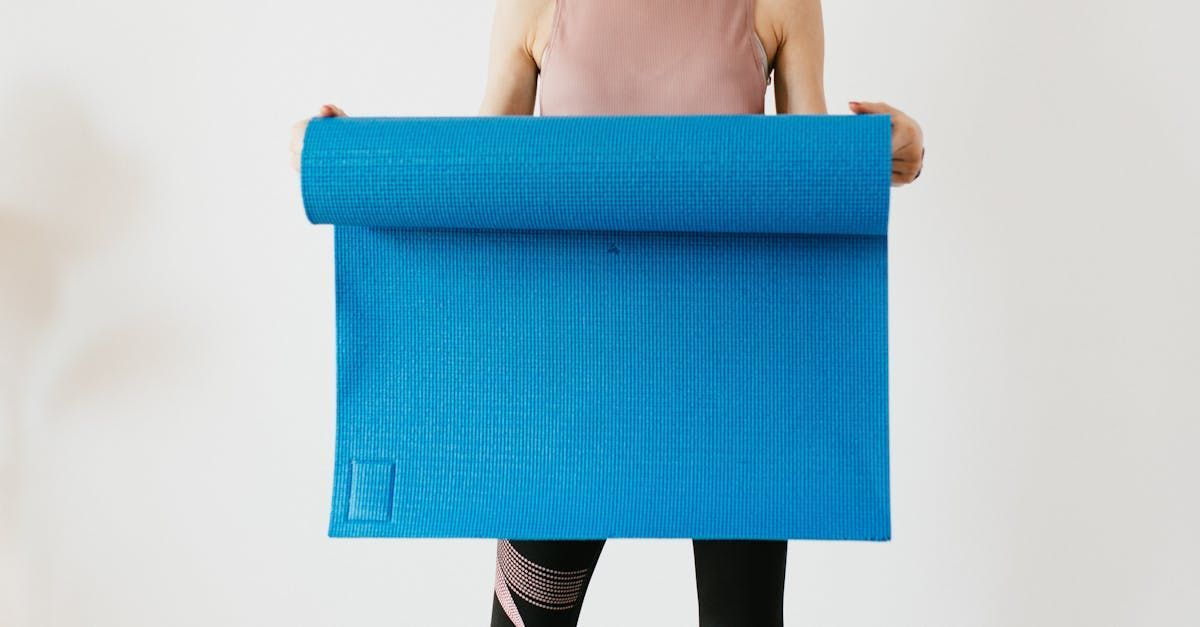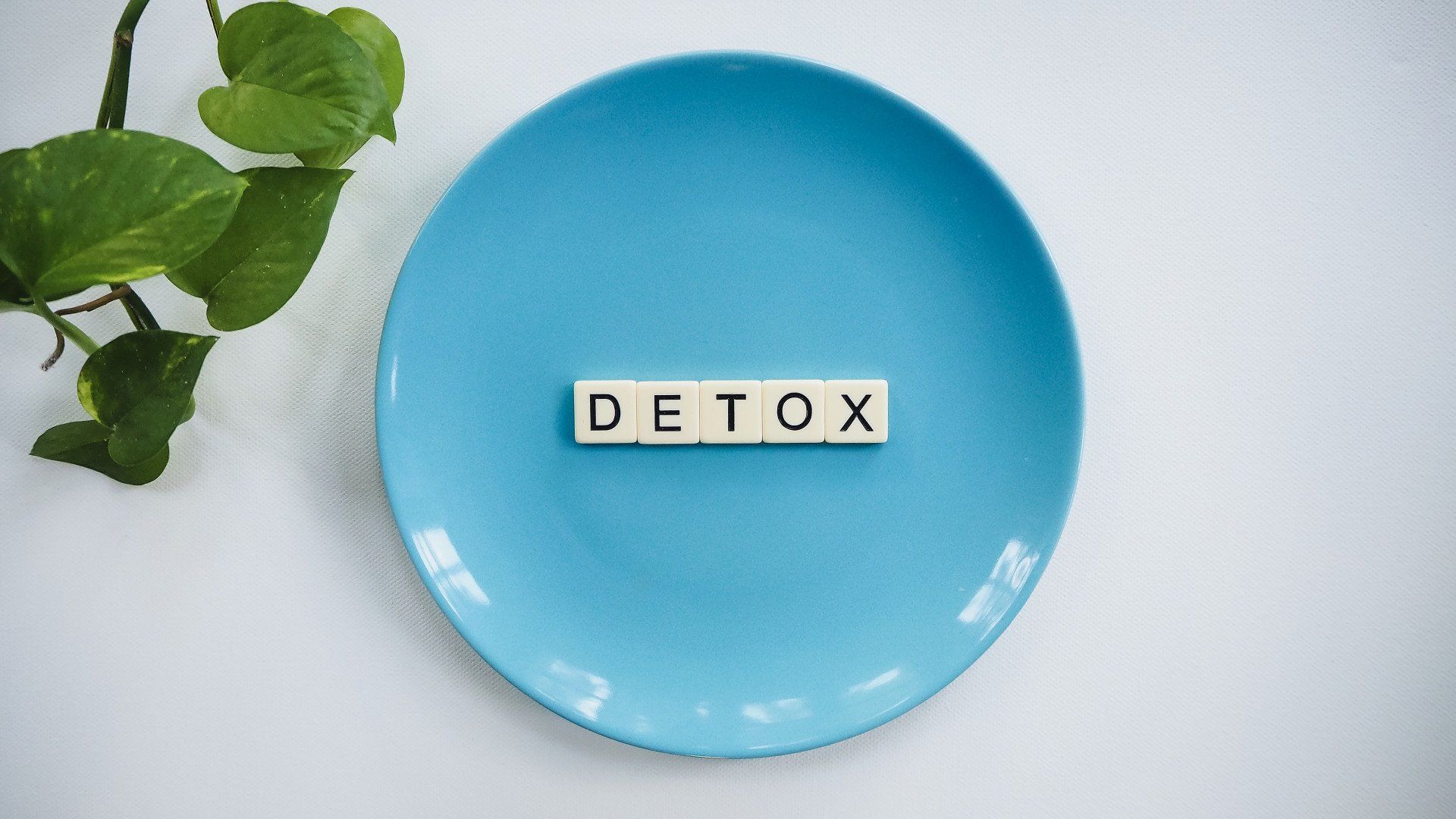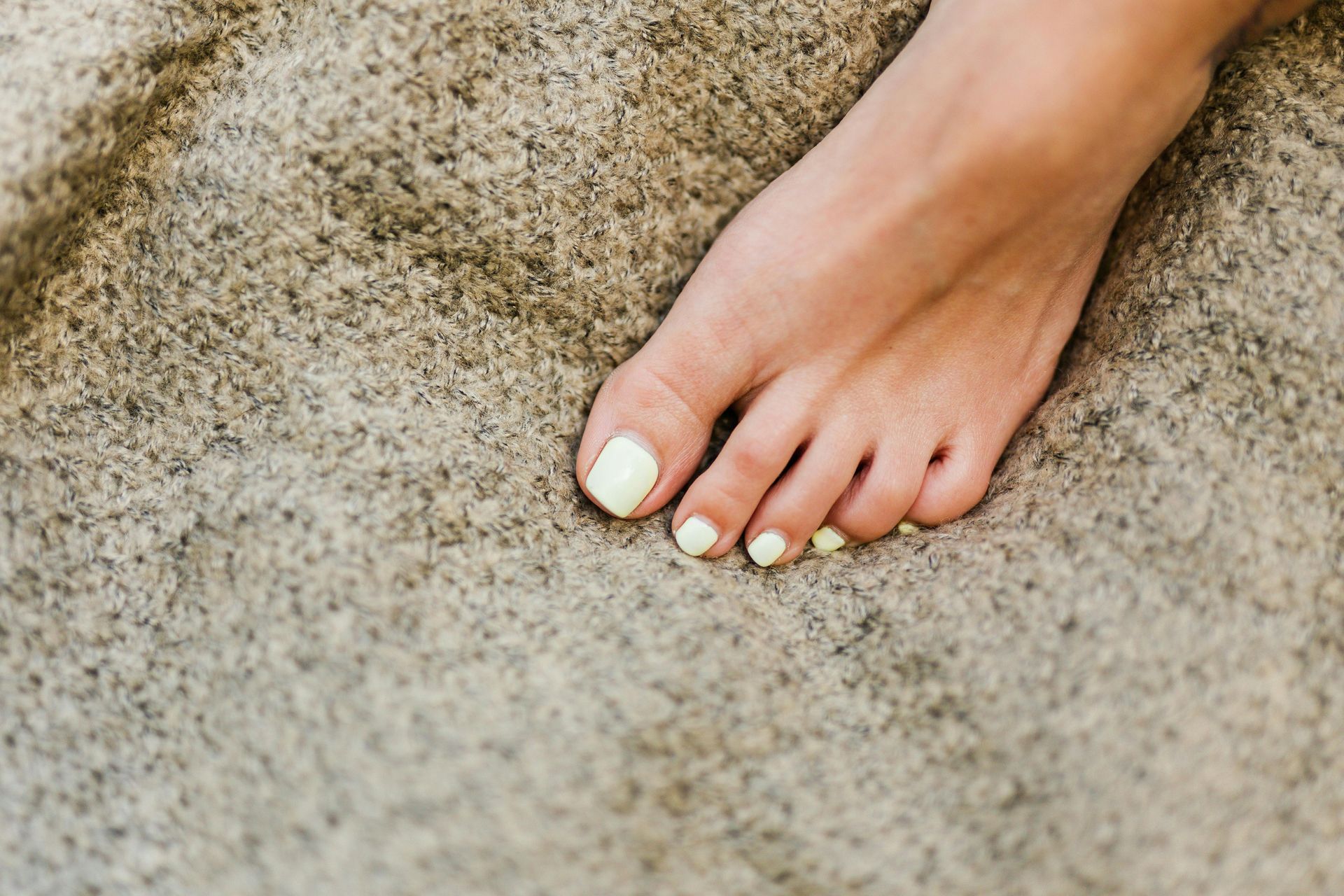1. Wall Pilates will NOT give you back your twenty year old body in just 28 days*
- Firstly, to lose weight from exercise alone is really difficult. Especially if all you're doing is 30-60 minutes exercise and nothing else has changed.
Check out this blog.
- Secondly, how long is it since you were in your twenties?
So how on earth can you expect to roll back YEARS in weeks, again in 30-60 minutes a day.
- Thirdly, I exercise every. single. day. Will I ever have long, lean muscles like the women in their pictures?
No, because my genetic type is short and stumpy.
Unless long, lean muscles is your genetic type, it's unlikely that you'll ever have them either!
2. Hula-hooping will not get rid of your muffin-top, and nor will doing "this one exercise".
See all the comments above.
Does this mean you shouldn't bother with exercise? Nooooooo!
More movement will help you to reduce pain and discomfort, to sleep better, to experience better mental health and reduced risks of long term diseases such as cardiovascular disease, strokes, heart attacks, osteoporosis....
In summary: Don't expect to lose weight just from doing a few exercises every day for a month.
You need to eat fewer calories, manage your sleep and stress and hydrate properly too.
And it will take longer than a month.
You should still do the exercises though! You'll get way more benefits than just weight loss.












